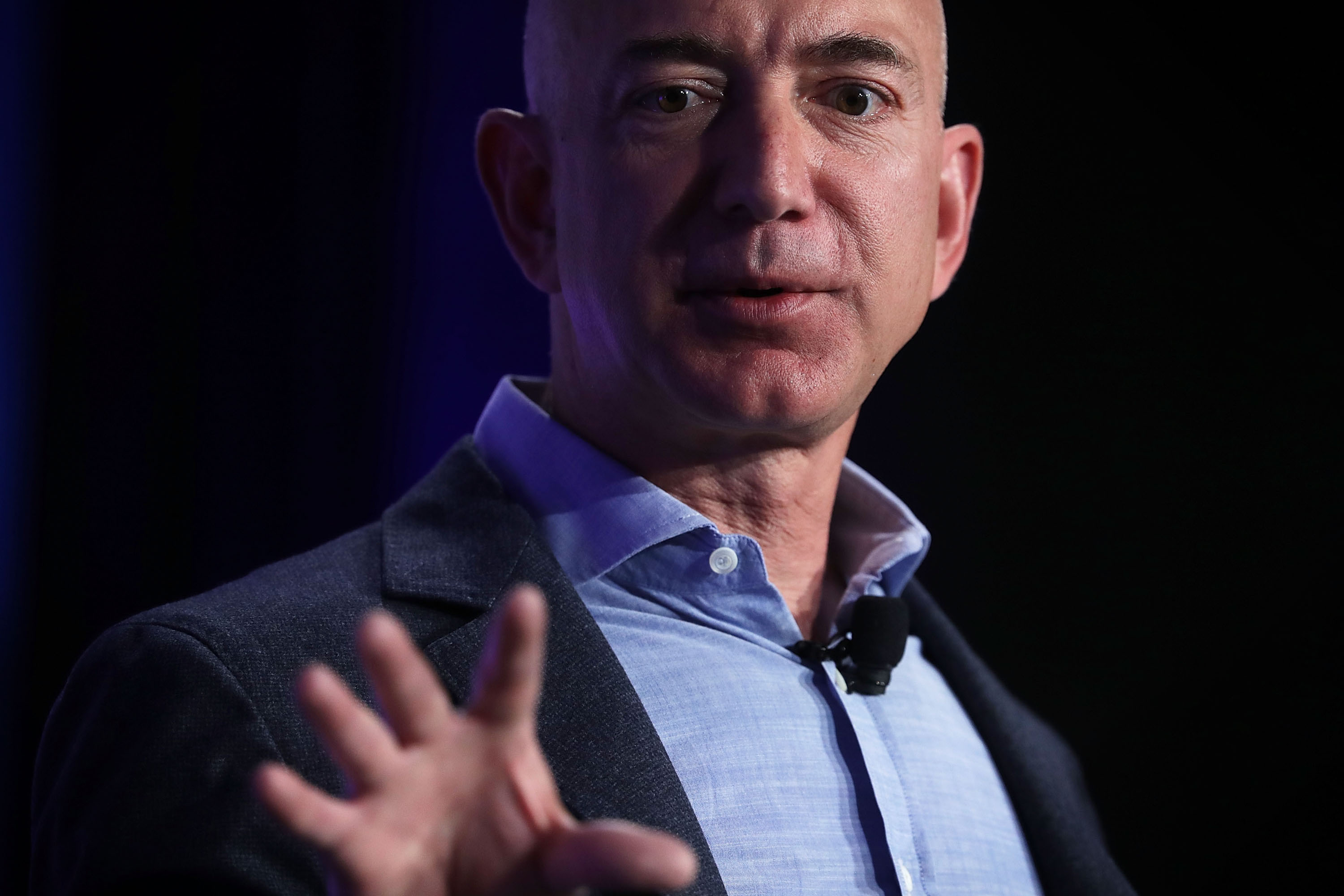Amazon, Berkshire Hathaway, and JPMorgan Chase announced on Tuesday they would form a company to cut health care costs for hundreds of thousands of their employees, creating a challenge for what their CEOs perceive as an inefficient and overpriced U.S. health care system.
David Souder, associate professor of strategic management and associate dean of graduate programs for the UConn School of Business, discusses the impact of this announcement.
Why did this announcement get so much attention?
Amazon, Berkshire Hathaway, and JPMorgan Chase are three enormous, well known companies with successful, famous CEOs. Each company is followed closely by investors, stock analysts, and business reporters. Any one of them generates a lot of attention – when all three make a joint announcement, the level of interest hits the roof.
Now add in the focus on health care – a sector with rapidly rising costs that almost everyone uses and that comprises nearly one-fifth of the U.S. economy. Given Amazon’s history of disrupting industries with lower prices, and Geico’s ads for low-cost car insurance, everyone is thinking, maybe this combination can help stop the upward spiral in the cost of health care. [Geico is a subsidiary of Berkshire Hathaway.] JPMorgan Chase brings deep pockets. Basically, they have everything except experience operating in the health care industry.
That’s an important exception, though. It’s true that a lot of industry-wide changes originate with new entrants who see the world in a fundamentally different way, like Amazon back in the 1990s. But those new entrants are usually small companies with nothing to lose and a lot to prove. Here, we have three corporate behemoths trying their hand at something new. You can’t find many examples of success in a scenario like that.
Warren Buffett, Jeff Bezos, and Jamie Dimon … have a chance to make something out of this idea, and I wouldn’t bet against them. — David Souder
So it won’t work?
I wouldn’t say that. The trap for some big companies comes from thinking that size alone will overcome a lack of within-industry operating experience. But in this case, they are talking about disruptive innovations, and Geico and Amazon both have a history of doing things differently than everyone else in their industries. Warren Buffett, Jeff Bezos, and Jamie Dimon aren’t going to walk into that trap. They have a chance to make something out of this idea, and I wouldn’t bet against them. At the same time, health care is a very unique industry that may be tougher to disrupt than taxicabs or retailing.
What makes health care so unique?
A taxi ride is a contained transaction – you say where you want to go, you get there, you pay, and you’re done. People like ride-sharing apps because they can see that all those things happen easier, faster, and cheaper than they otherwise expect. You tell your friends how great it was, and they want to try it too. With Amazon, you might wait a few days to get your stuff, but they provide variety and convenience at a lower price – you can see the advantage right there. If you’re not happy, you can even send the stuff back. The entire transaction gets completed within a few days.
Health care is the opposite – it’s a lifelong relationship, paid for in advance, often by your employer, and you might not even know how much was paid. Ideally you would like to be healthy enough that you don’t need the health care system except for well visits. But if you do need care, you want it to be top of the line. The industry has plenty of room for innovation and the societal benefits would be profound, so I hope this is the catalyst for a wave of health care innovations that make us look back and ask how we lived without them. It just won’t be as easy for people to see, which might make it harder to build up the word-of-mouth advertising that often accompanies innovations.
Health care stocks fell after the announcement – are established firms at risk?
Not necessarily. If the announcement is indeed a catalyst for change, we don’t yet know which firms will be the winners or losers, so everyone’s stock prices dropped a little. But then they leveled off, and the established companies who become winners from this will rebound, and then some. Whether or not the three companies ever develop a valuable alliance, their attempt to do so will likely create an opportunity for incumbents to accelerate the launch of the innovative ideas they have already been working on. There are lots of smart people in health care companies coming up with ways to do things better, but there’s always concern that consumers won’t be ready to embrace change.
If nothing else, an Amazon-Berkshire Hathaway-JPMorgan Chase combination gets consumers thinking that things might change for the better. Established companies with great ideas to implement should see this as an opportunity to ride the wave. That was the rationale for the recent merger proposal between CVS and Aetna, and something like the Insurtech initiative shows the thinking that has already taken place.
Of course, any existing firms that stand still will get passed. But in the long run, that would – and should – be true, whether these companies join forces or not. For stagnant firms, all that has changed is that they might lose out faster. The other big risk is to firms that get paralyzed, waiting to react to the new venture rather than proactively launching their best ideas. But for health care firms that have already been working on innovative business models, this announcement may serve as a great catalyst to get their new ideas out to consumers in advance of the new venture.



